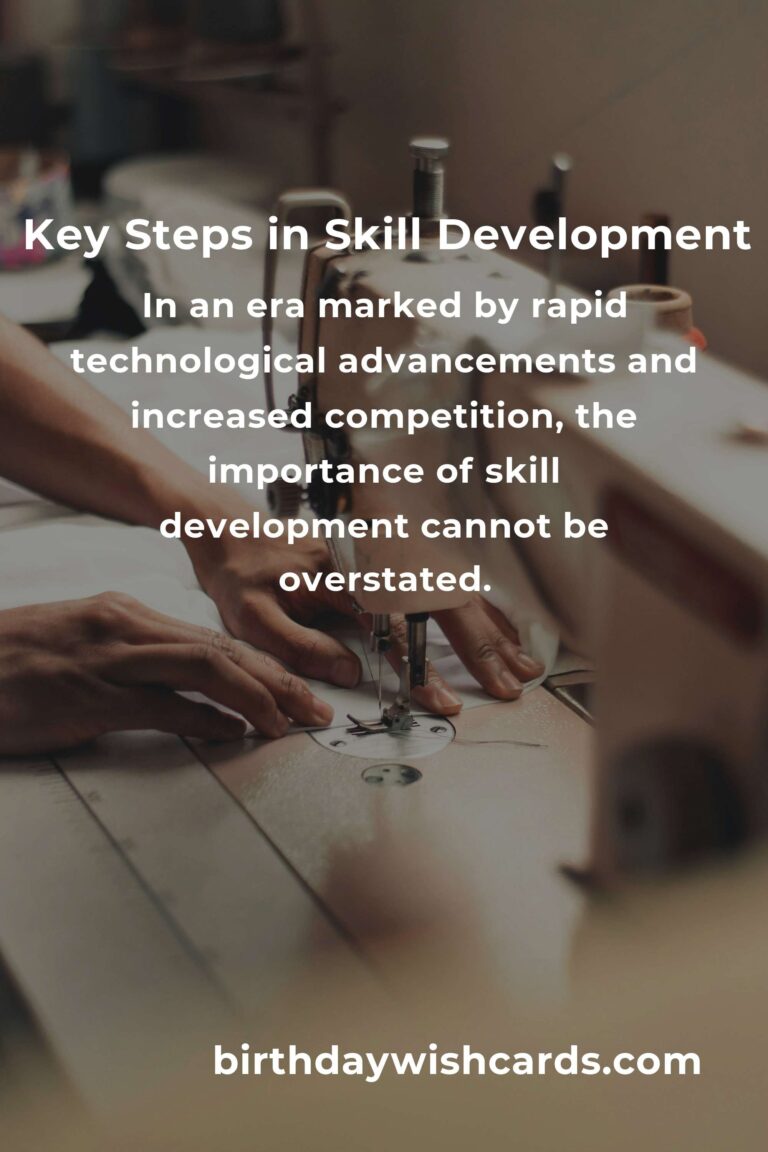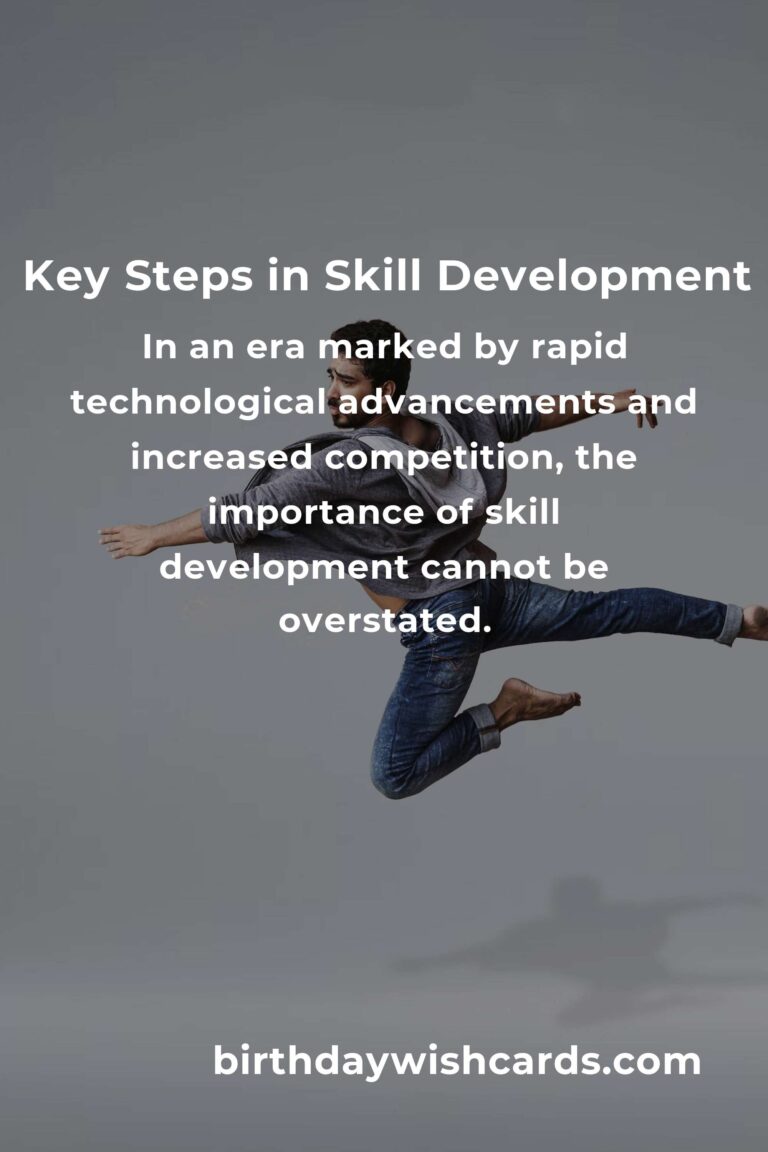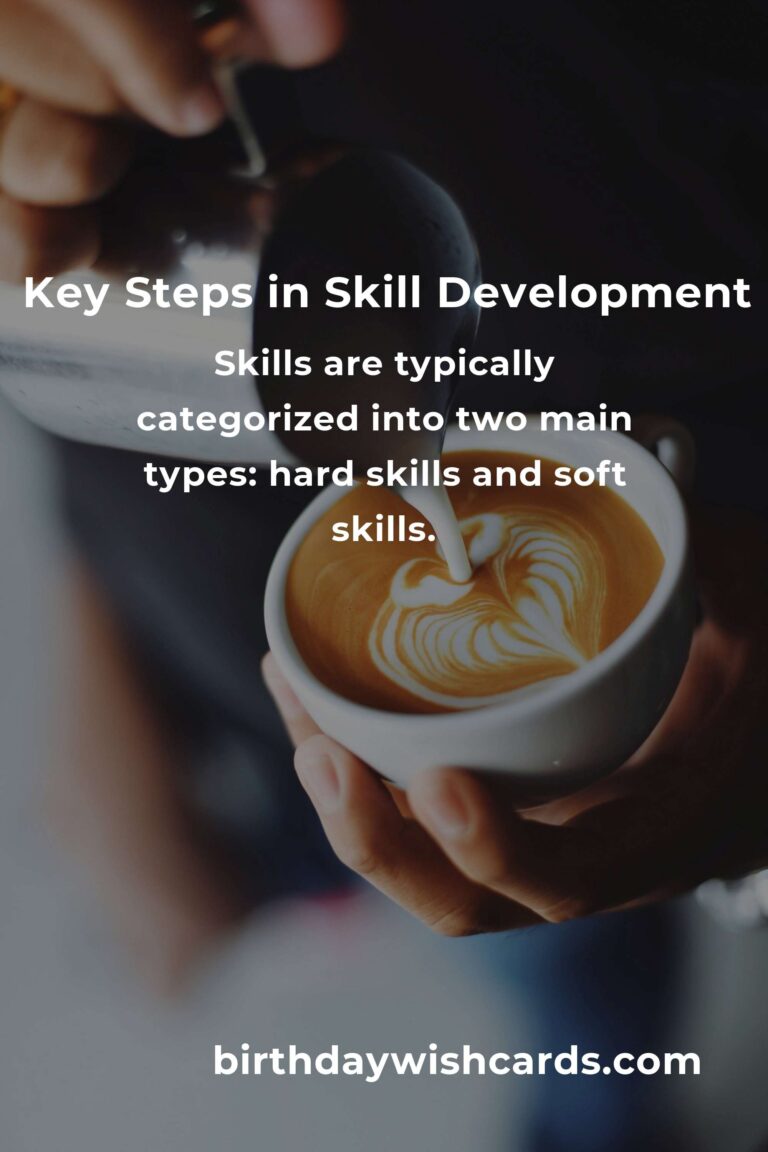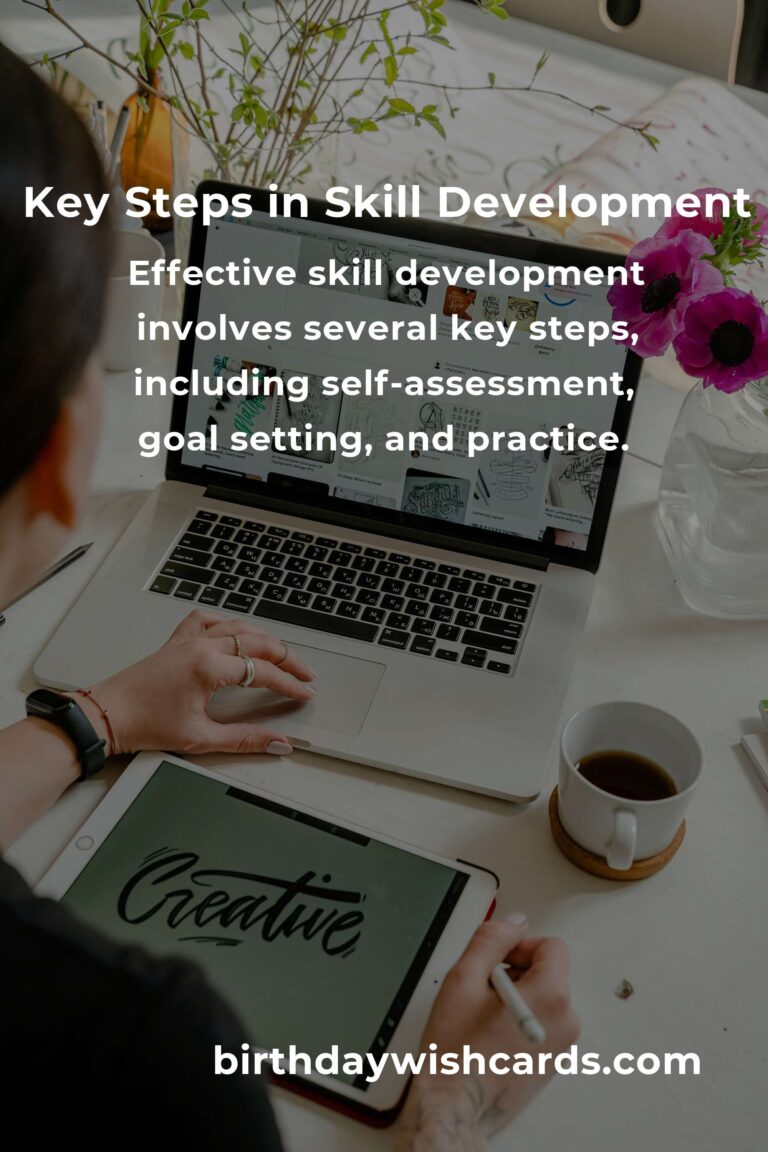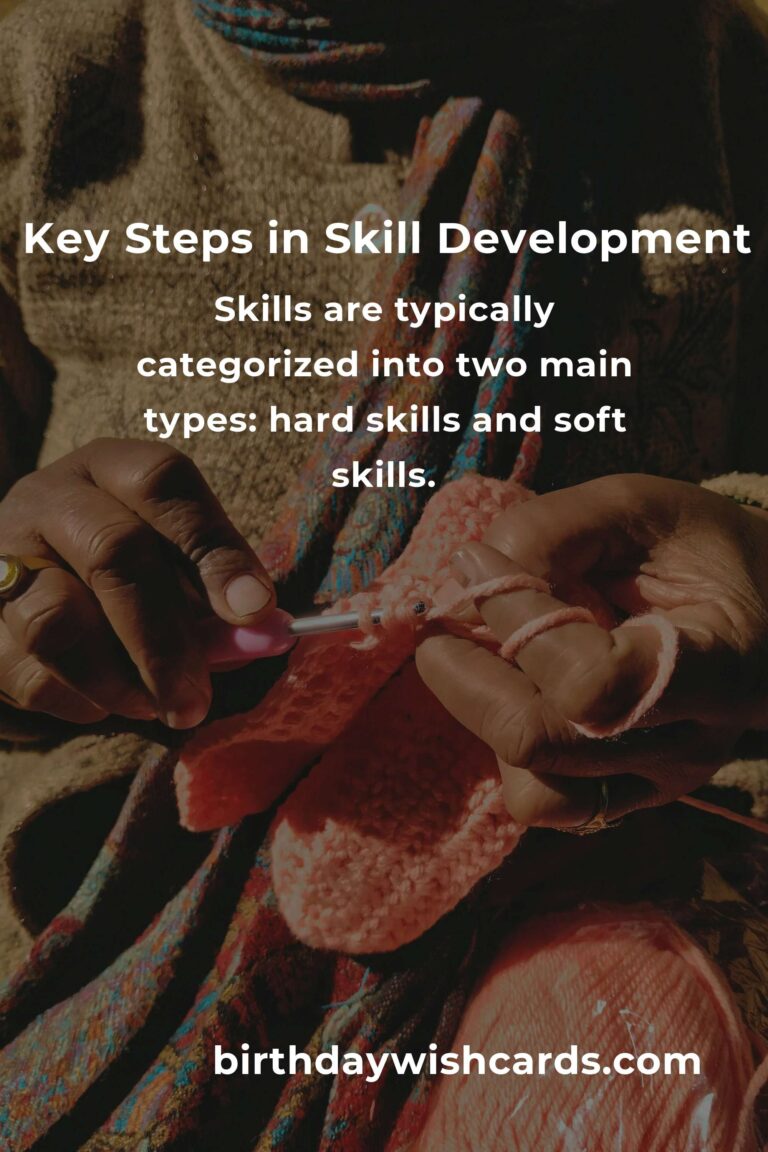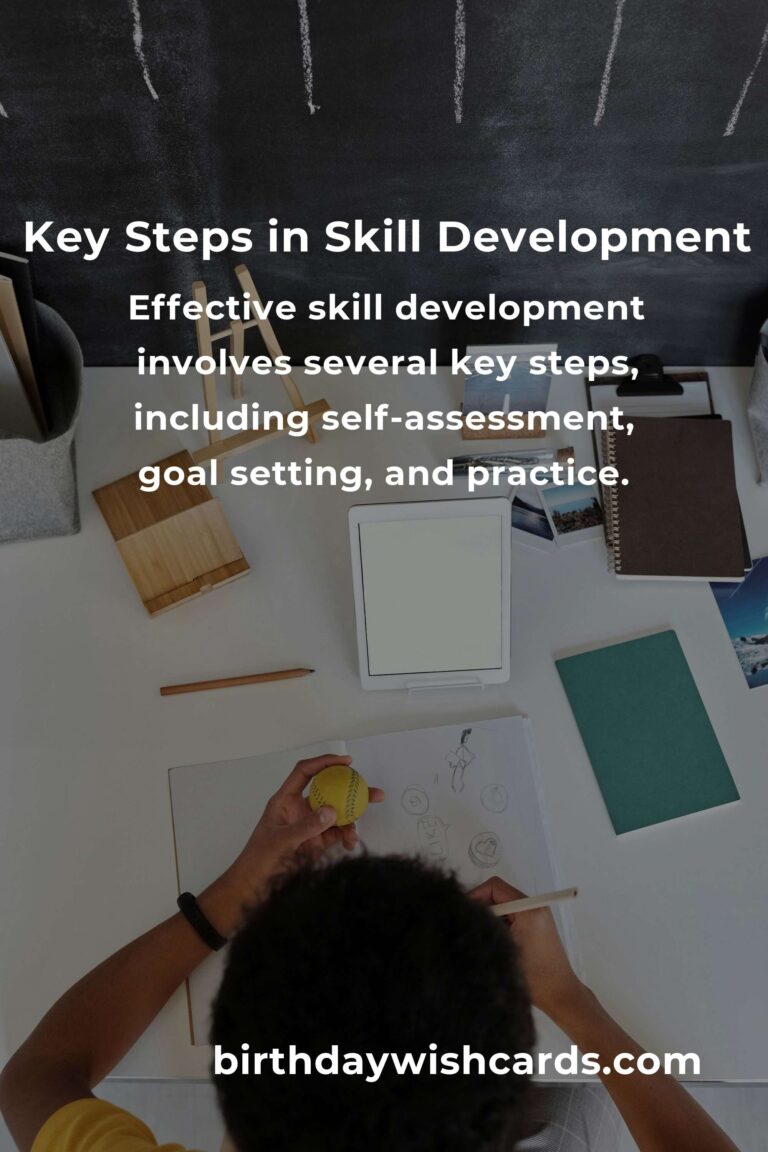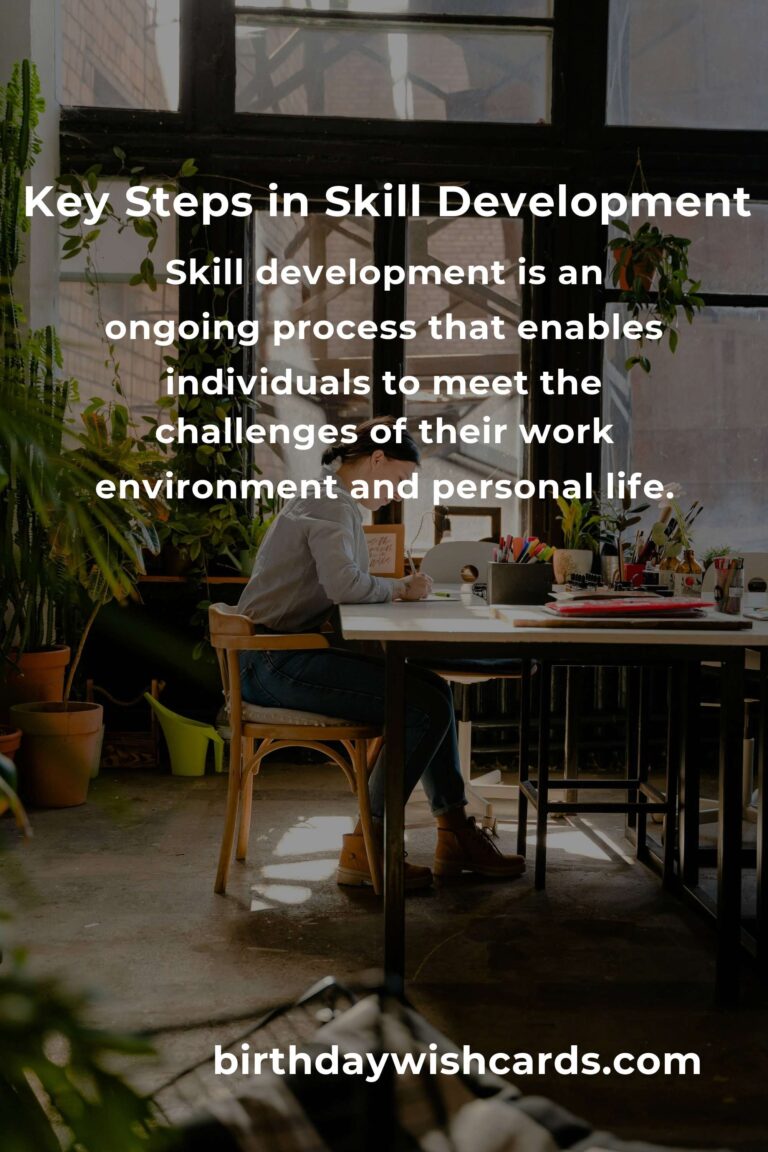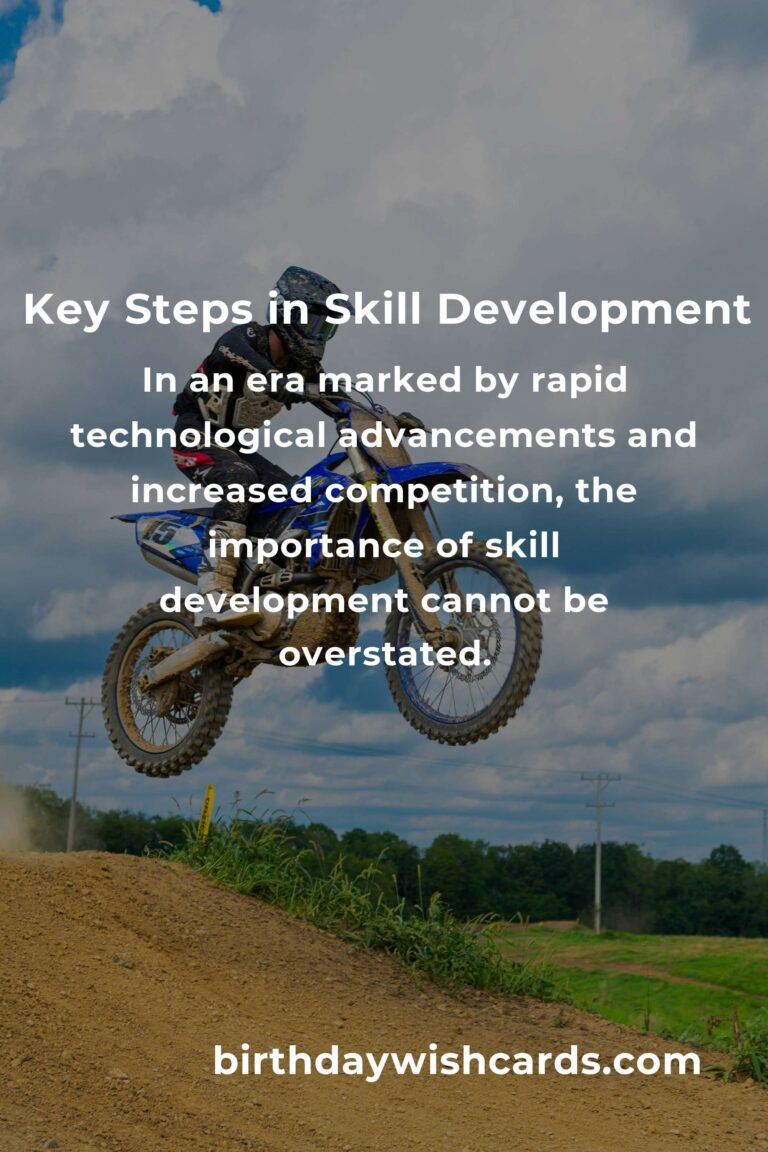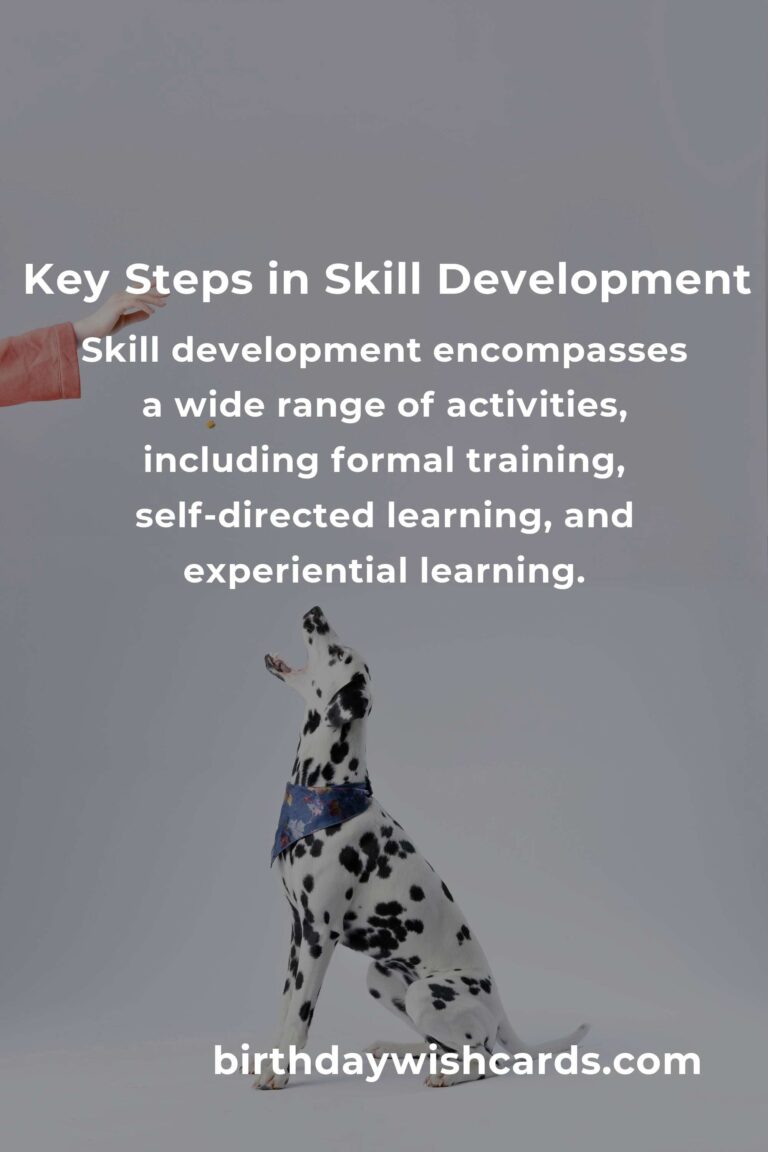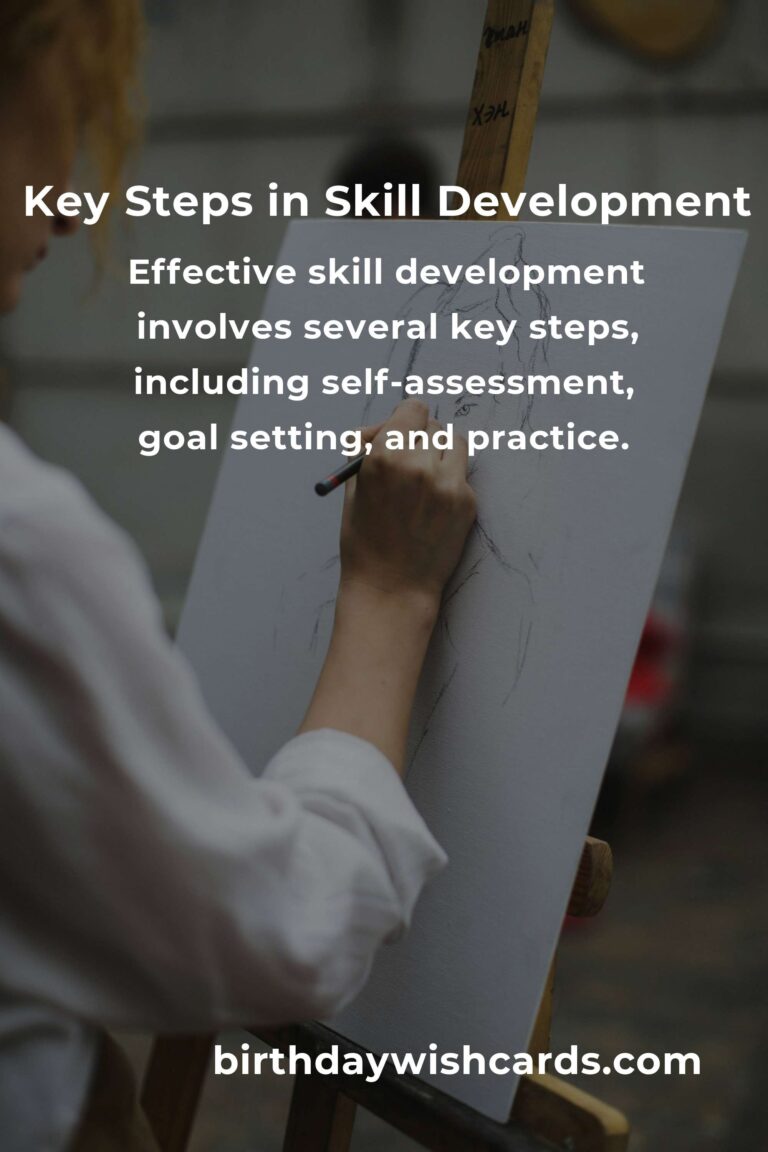
In today’s fast-paced world, the ability to develop new skills is crucial for personal and professional growth. Whether you are looking to advance your career, start a new hobby, or simply keep your mind sharp, understanding the basics of skill development is essential.
What is Skill Development?
Skill development refers to the process of identifying your skill gaps and developing and honing these skills. It is an ongoing process that enables individuals to meet the challenges of their work environment and personal life. Skill development encompasses a wide range of activities, including formal training, self-directed learning, and experiential learning.
The Importance of Skill Development
In an era marked by rapid technological advancements and increased competition, the importance of skill development cannot be overstated. It is a key factor in improving job performance, boosting employability, and achieving personal satisfaction. By continually developing new skills, individuals can adapt to changes in the job market and remain competitive.
Types of Skills
Skills are typically categorized into two main types: hard skills and soft skills. Hard skills are technical or job-specific abilities that can be learned and measured, such as coding, data analysis, or machine operation. On the other hand, soft skills are interpersonal skills that affect how you interact with others, including communication, teamwork, and problem-solving skills.
Steps to Effective Skill Development
Effective skill development involves several key steps:
1. Self-assessment
Begin by assessing your current skill set. Identify areas where you excel and areas where you need improvement. Consider seeking feedback from peers or mentors to gain a more comprehensive understanding of your strengths and weaknesses.
2. Goal Setting
Set clear, achievable goals for your skill development journey. Having specific objectives will help you stay focused and motivated. Ensure that your goals are SMART: Specific, Measurable, Achievable, Relevant, and Time-bound.
3. Learning Strategy
Develop a learning strategy that suits your learning style and schedule. This could include enrolling in courses, attending workshops, reading books, or utilizing online resources. Consider a blended approach that combines different learning methods for a more comprehensive understanding.
4. Practice and Application
Practice is critical to skill development. Apply what you’ve learned in real-world scenarios to reinforce your knowledge and build confidence. Seek opportunities to practice your skills in volunteer work, part-time jobs, or through personal projects.
5. Feedback and Reflection
Regularly seek feedback from others and reflect on your progress. This will help you identify areas for improvement and adjust your learning strategy accordingly. Reflection is an important part of the learning process, allowing you to internalize lessons learned and apply them in the future.
Overcoming Challenges in Skill Development
Skill development can be challenging, but with the right mindset and approach, you can overcome obstacles. Common challenges include lack of time, fear of failure, and limited resources. To overcome these challenges, prioritize your learning activities, embrace a growth mindset, and seek support from mentors or peers.
Conclusion
Understanding the basics of skill development is crucial for anyone looking to improve their capabilities and adapt to an ever-changing world. By following a structured approach and being proactive in your learning, you can develop new skills that will benefit you personally and professionally. Remember, skill development is a lifelong journey that requires dedication, patience, and perseverance.
Skill development is an ongoing process that enables individuals to meet the challenges of their work environment and personal life. Skill development encompasses a wide range of activities, including formal training, self-directed learning, and experiential learning. In an era marked by rapid technological advancements and increased competition, the importance of skill development cannot be overstated. Skills are typically categorized into two main types: hard skills and soft skills. Effective skill development involves several key steps, including self-assessment, goal setting, and practice.
#SkillDevelopment #PersonalGrowth #ProfessionalGrowth #LifelongLearning #SoftSkills #HardSkills


